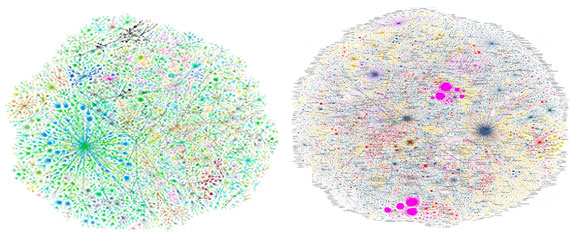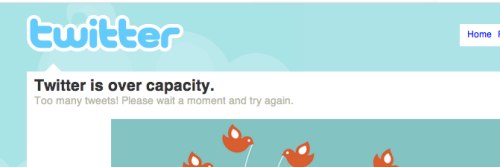I’ve been hearing things on the radio about Speedo’s new swimsuit, but until this Economist piece really had no idea of what the fuss was about.
The suit has what Speedo calls an “internal core stabiliser”—like a corset that holds the swimmer’s form. As a swimmer tires, his hips hang lower in the water, creating drag. By compressing his torso, the LZR not only lets him go faster, because it maintains a tubular shape, but also allows him to swim longer with less effort. In tests, swimmers wearing the LZR consumed 5% less oxygen for a given level of performance than those wearing normal swimsuits did.
The third innovation, a further drag-reduction measure, is that polyurethane panels have been placed in spots on the suit. This reduces drag by another 24% compared with the previous Speedo model. Fourth, the LZR was designed using a three-dimensional pattern rather than a two-dimensional one. It thus hugs a swimmer’s body like a second skin; indeed, when it is not being worn, it does not lie flat but has a shape to it.
The results are a suit that costs $600 and takes 20 minutes to squeeze into, and a widespread belief among swimmers competing in the Beijing Olympics this summer that they will have to wear one or fail…
Apparently the Japanese are particularly worked up about this ‘unfair’ technological advantage. If so, why don’t they just buy some of the suits for their swimmers?
Later: Neil MacNeil emails a link which suggests that pragmatism has taken hold in Japan:
Japanese swim officials have granted their swimmers an option to choose swimsuits for Beijing.
Even though Japan’s swimmers are contracted by other companies in a domestic sponsorship agreement, they can choose to wear the tight-fitting polyurethane suit that suit that has been involved in 30 world record-setting swims since February.


